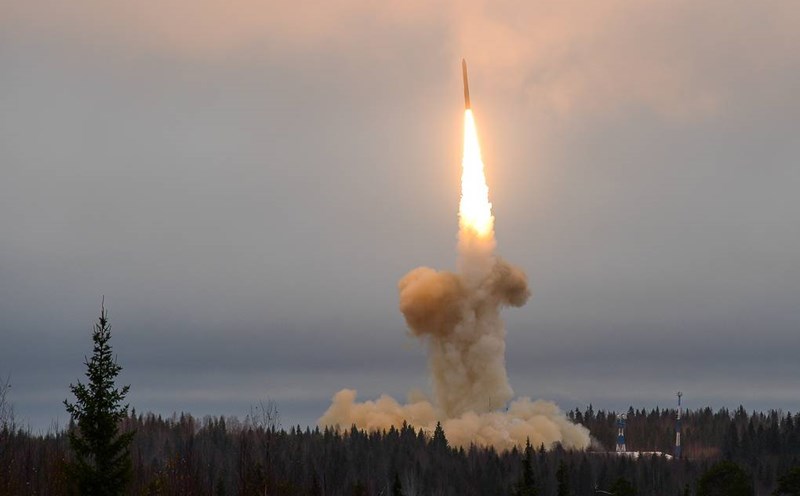Russian Economic Minister Maxim Reshetnikov said the rapid price increase of the ruble could cause risks to the Russian economy in the future. "In the long run, the current exchange rate will be a problem, because the actual exchange rate is increasing by 40% compared to the past 5 years," RT quoted Minister Reshetnikov to speak to the press.
According to Minister Reshetnikov, the rising ruble makes it impossible for Russian goods to compete in foreign markets. This is a serious challenge for domestic producers. When import channels are restored, domestic manufacturers will increasingly feel pressure from imports, try to compete with them and lose this competition" - the Minister said.
If we think that such exchange rates will remain in place for a long time, then of course, businesses will not launch any import replacement projects, because they will not compete. Therefore, we need to be cautious about returning to the balanced exchange rate we used to have, the Russian Economy Minister further explained.
The Russian ruble surged last month to its highest level in years after falling to a historical low in early April as sanctions related to Ukraine threatened to destabilize the Russian economy. The rising ruble is the result of measures taken by central banks, including strict capital control measures and raising the basic interest rate to 20% - an unprecedented level.
Another reason for the ruble's recovery is due to soaring fuel prices. After Russia launched a military campaign in Ukraine on February 24, oil and gas prices, which were already high, continued to increase. Russia is earning nearly 20 billion USD per month from energy exports. Since the end of March, many foreign buyers have followed the demand for energy payments in rubles, pushing the value of the currency up.
The recovery of the ruble was so strong that it created some challenges for the central bank of Russia. In order to fight the ruble, the Central Bank of Russia in April began to cut the key interest rates, reversing the decision to push interest rates to 20% in February. On May 26, the Central Bank of Russia cut the second main interest rate for two months, to 11%, signaling that the country's economy is stable. This leads to a ruble down against the dollar.
Minister Reshetnikov welcomed the decision of the Russian central bank, saying that "without loans, economic activity cannot be restored".




